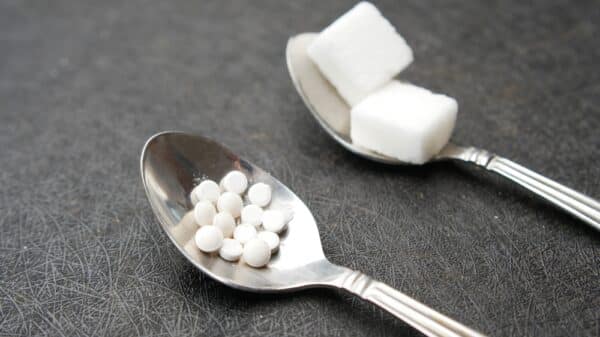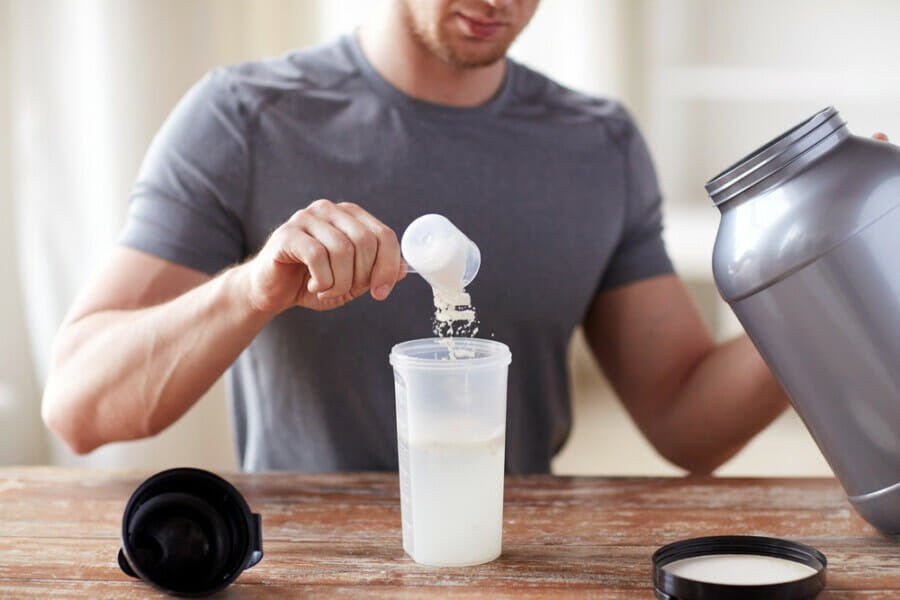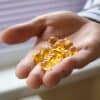Protein powders have emerged as essential supplements for fitness enthusiasts and casual gym-goers alike. Whether your aim is to gain muscle, lose weight, or simply manage a balanced diet, these products are commonly promoted as effective tools to help you meet your daily protein requirements and boost your energy levels.
However, with the widespread attention on protein powders, it’s easy to get confused by various myths and misconceptions. The explosion of social media and numerous “quick-fix” fitness trends can complicate the process of distinguishing fact from fiction. So, where can you find reliable information? Before addressing some prevalent myths, let’s first explore what protein powders are and their potential advantages.
### What Is Protein Powder?
Protein, one of the three fundamental macronutrients alongside carbohydrates and fats, is crucial for optimal body function. It is essential for building and repairing tissues, developing muscles and bones, and supporting immune responses and hormone production.
Derived from both animal and plant sources, protein powders provide a concentrated method to enhance your protein intake. They serve as a convenient option for those with busy lifestyles, specific dietary restrictions, or particular fitness objectives that make obtaining sufficient protein through food alone a challenge.
A scoop of protein powder can easily be mixed into a smoothie, porridge, or incorporated into baked goods, providing a versatile way to increase protein intake. For vegetarians, individuals with hectic schedules, or anyone aiming to ensure they meet their nutritional requirements, protein powders can offer significant assistance.
The benefits of incorporating protein powders into your diet are numerous:
– **Supporting Muscle Development**: For those involved in resistance training, protein is vital for muscle repair and growth. Integrating protein powder into your regimen can help increase muscle size and strength.
– **Facilitating Recovery**: After exercising, protein assists in repairing muscle tissue and can alleviate soreness, allowing for quicker return to physical activity.
– **Addressing Dietary Needs**: Athletes, older adults, or individuals with dietary constraints may find that protein powders help them achieve their daily protein targets more conveniently.
– **Weight Management**: Protein can promote feelings of fullness, aiding in lean muscle preservation and ultimately supporting weight loss efforts.
Grasping the nature of protein powders sets the stage for informed discussions about prevalent misconceptions regarding this popular supplement.
### Myth 1: Protein Supplements Are Exclusively for Bodybuilders
**Why This Myth Exists**
The stereotype of a bodybuilder mixing a protein shake post-workout has solidified the notion that protein supplements are meant solely for those seeking to bulk up. This perception can discourage many from engaging with protein discussions, especially if they don’t consider themselves “serious” athletes.
**The Truth**
While whey protein—often popular among bodybuilders—can certainly aid in muscle growth, it is not confined to that audience. Successful muscle development requires more than just protein; it entails a well-structured training regimen and proper caloric balance. Therefore, individuals who regularly work out without the intent of significantly increasing muscle mass can still reap benefits from protein powders in terms of maintaining lean muscle and improving recovery.
### Myth 2: Women Should Avoid Protein Powders
**Why This Myth Exists**
Cultural norms and marketing approaches have often cast protein supplements as a “male” product, thereby fostering the idea that women don’t need additional protein or that consuming it could lead to unwarranted bulk.
**The Truth**
In reality, men and women share similar basic protein needs. Women can certainly gain advantages from protein powders, especially if they align with their dietary patterns and lifestyles, without any fear of excessive muscle gain. Remember, protein powder is primarily a nutrient-rich food; its impact on muscle development relies heavily on training and nutritional strategies, not on gender.
### Myth 3: Protein Powder Causes Weight Gain
**Why This Myth Exists**
This misconception likely arises from the association of protein powders with muscle-building and weight gain supplements. Many people believe that introducing supplements into their diet necessarily leads to increased caloric intake and subsequent weight gain.
**The Truth**
Protein powder alone does not lead to weight gain; it’s about how you incorporate it into your overall dietary framework. Adding protein shakes to a calorie-surplus diet can indeed result in weight gain. However, when used thoughtfully, protein powder can aid recovery and help control appetite, contributing to effective weight management by keeping you satiated for longer.
### Myth 4: Protein Powder Harms Gut Health
**Why This Myth Exists**
Some individuals experience digestive discomfort after taking protein powders, leading to the belief that these supplements are inherently detrimental to gut health. Often, specific ingredients like lactose in whey or artificial additives are to blame, rather than protein itself.
**The Truth**
For most people, proteins do not cause gut health issues. If bloating occurs, it may be related to personal sensitivities rather than the protein itself. For those who are lactose intolerant, opting for plant-based or hydrolyzed protein choices can generally be gentler on the stomach.
### Myth 5: Plant-Based Protein Powders Are Inferior to Whey
**Why This Myth Exists**
Whey protein has long held the reputation of being the gold standard due to its comprehensive amino acid profile and rapid absorption. This has led to the unwarranted conclusion that plant-based options cannot provide similar benefits.
**The Truth**
While whey is a complete protein, many contemporary plant-based blends are specifically formulated to offer all essential amino acids and can effectively promote muscle growth and recovery when included in a varied diet.
Navigating through these myths can initially seem daunting, but equipping yourself with reliable knowledge is a strong starting point. As with any health-related topic, consulting with qualified professionals—such as certified nutritionists—can provide personalized guidance tailored to your specific needs and fitness ambitions. Remember, effective body fueling is all about discovering what works best for you.





























